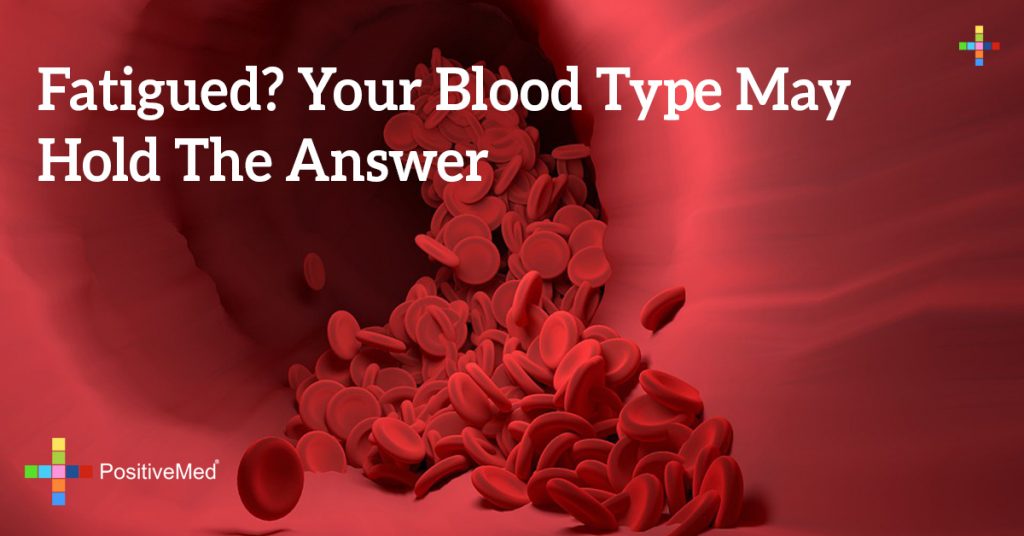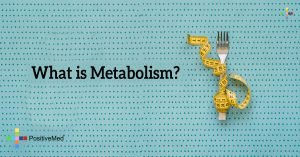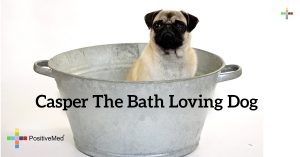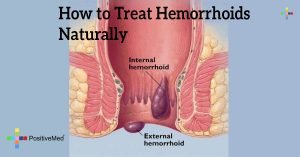
Fatigued? Your Blood Type May Hold the Answer
Your blood type contains secrets to your genetics, immune system and the kind of diet you need to thrive.
Serious fatigue is a health concern and a condition that steals quality of life. Discovering what sort of diet a person of a certain blood type requires can be the key to overcoming fatigue.

Antigens are contained in red blood cells, but they vary from person to person. A person with type A blood will have different antigens than a person with type B. This is why blood was originally typed in the first place, because scientists learned that certain types of blood cannot be received by persons of another blood type. The body makes antibodies against foreign substances, including blood types that differ. The antibodies in the red blood cells turn on invading cells and wipe them out. The exception to the rule is type O blood, which is considered a universal donor, meaning that type O blood can be given to any other blood type and no antibodies will be mustered against it.
Upon receiving oxygen and food, cells create energy. The energy is stored in cells as ATP (Adenosine Triphosphate). This storage is released when needed as bodily activity. Molecules called second messengers signal cells to release stored energy.
Stress has serious repercussions for energy storage. It keeps the body in a constant state of alert, so that hormones push more messengers to activate, releasing more and more ATP. Trouble begins when cells release so much energy that the metabolism cannot keep up. Less and less energy becomes available, resulting in constant fatigue.
Like blood types and antigen reactions, a chemical reaction occurs between the blood and foods consumed. Lectin is a protein found in all foods. The proteins have tacky factors called agglutinating properties, acting like sticky tape in the liver, catching up bacteria and viruses.
Advertisement:
The Pakistan Journal of Nutrition, Rabia Hamid and Akbar Masood, (2009) reports that problems begin when lectins, like certain antigens, are incompatible to blood type and genetics. Incompatible lectins, like antibodies, target an organ or system and begin chemical reactions with those tissues. Soon the incompatible lectins begin to draw cells together from certain organs, gluing them into clumps to finish them off, as if they were foreign to the body. The results of this destructive gluing can be illness and serious fatigue.
RELATED ARTICLE: 3 Types Of Fatigue and How To Heal It Naturally
How can toxic reactions to foods and consequent fatigue be alleviated?
Dr. Peter J. D’Adamo developed a profile of compatible foods for the major blood types, A, O, B and AB.
Type A
evolved when hunter/gatherer cultures began to establish communities around the cultivation of grains and livestock. People began to shift from biological adaptations to meat-eating and successfully subsisted upon carbohydrates from grains. The development of low levels of hydrochloric stomach acid was one adaption. This is why Type A has more difficulty metabolizing animal protein and fat. Difficulty with metabolizing potentially toxic animal protein is one stressful activity that can lead to fatigue in persons with type A blood. Soy proteins, grains, vegetables and walnuts boost energy levels in blood type A people.
Blood type O
is the oldest blood type. At one time probably all humans, as hunter/gatherers, shared this blood type. Higher amounts of stomach acid give these people a well-developed ability to digest and metabolize meals with lots of animal protein and fat. Simple grains and carbohydrates, which many of our foods consist of today, contain active lectins that signal the type O immune system to rev up. This creates inflammation, chronic gut issues and fatigue.
Type O
vitality predisposes ‘fight or flight’ responses. Avoiding dairy products and wheat, while focusing on vegetables, fruits and lean meats is highly recommended. Oily fish boost energy levels. Type O also benefits from plenty of cardiovascular and muscular exercise.
Type B
ancestry developed long ago in the Himalayan mountains, which are now Pakistan and India. This blood type is very clearly geographically defined, and only small numbers of blood type B are found in Western Europeans.
Flexibility was a necessity in humans now possessing type B blood, and they are a vigorous body type, resistant to disease. Very possibly this is because type B humans swept up from the Indian sub-continent into the brisk and cold climate of the Himalayan highlands.
RELATED ARTICLE: 4 Things Your Blood Type Says About Your Health
Higher levels of cortisol are part of the type B physiology. Naturally, higher cortisol levels present with higher stress and its subsequent disrupted sleep patterns and fatigue.
Blood type B does well on lean meats, but not the common American food, chicken. Chicken has an agglutinating lectin that attacks B’s bloodstream, creating stroke and immune disorders. Venison, lamb, goat and rabbit are more beneficial, as are green vegetables and eggs. Energy is boosted with cultured dairy foods.
AB blood
is a curious combination of blood types, and AB is relatively rare. Less than five percent of the human population has this interesting blood type. That is because type AB came about through intermingling of peoples, and not lifestyle or geographic location. This blood type has the ability to metabolize grains like type A does, but is efficiently nourished on meats, as well. Blood type AB enhances energy with green tea and Essene bread.
Alleviating bodily stresses, such as metabolizing toxic foods, is a first-line defense against fatigue. We know that the various blood types evolved through the diet and climate of different populations. When people eat foods they were designed to metabolize, energy is renewed.
[/nextpage]





